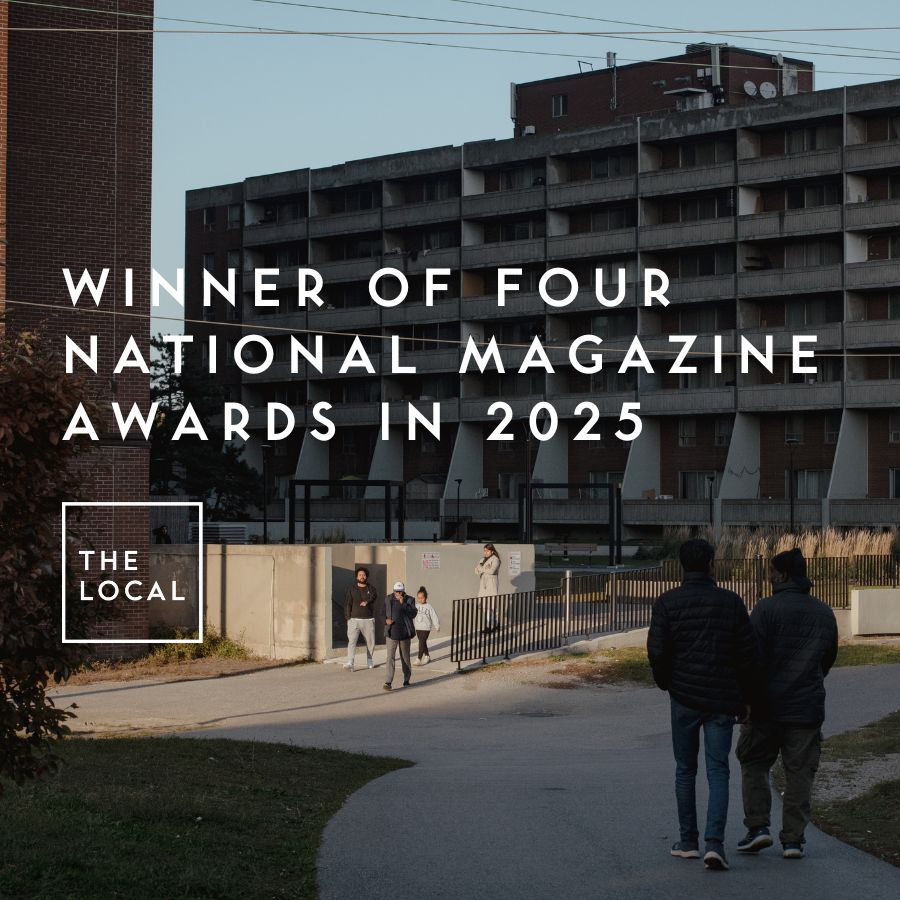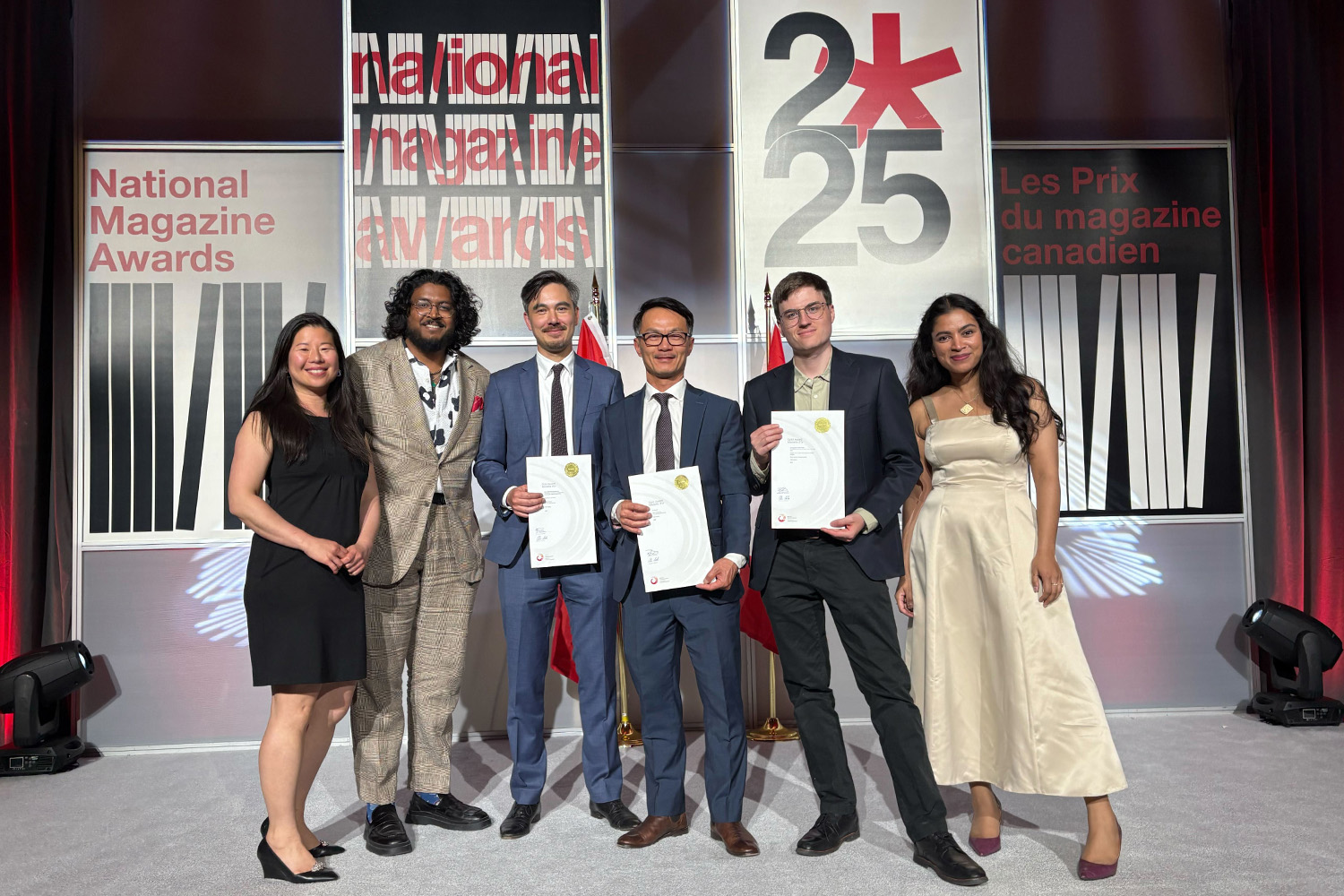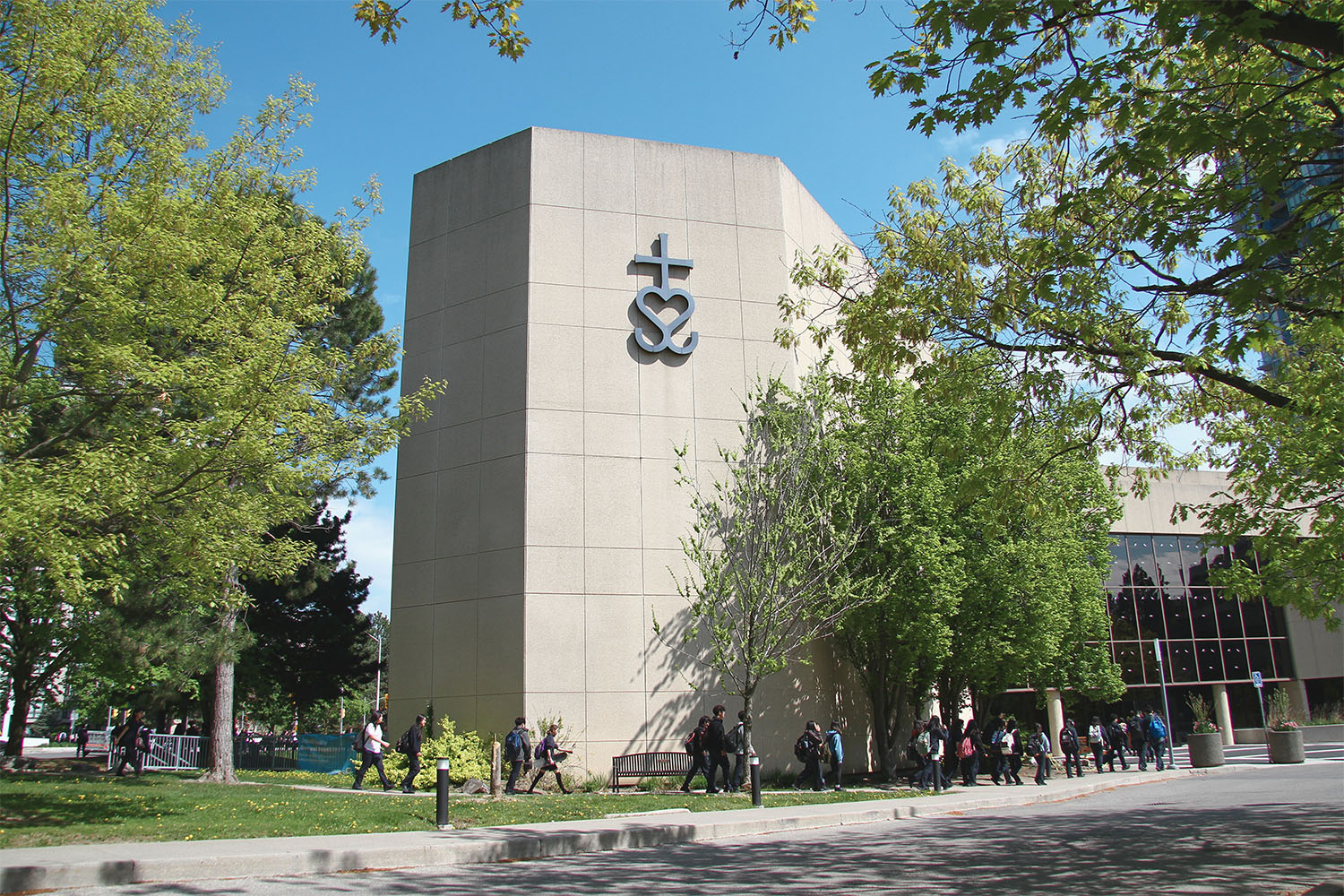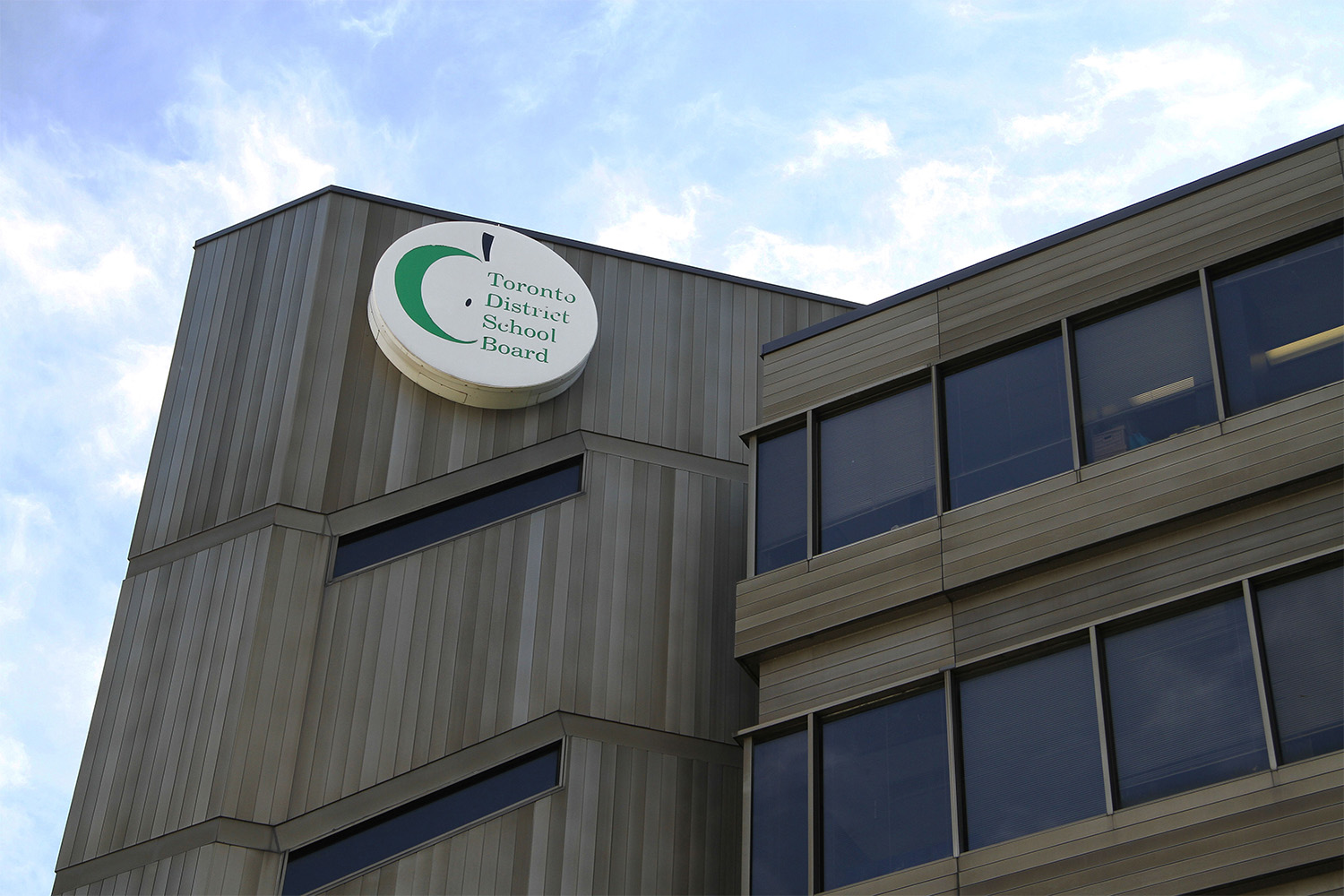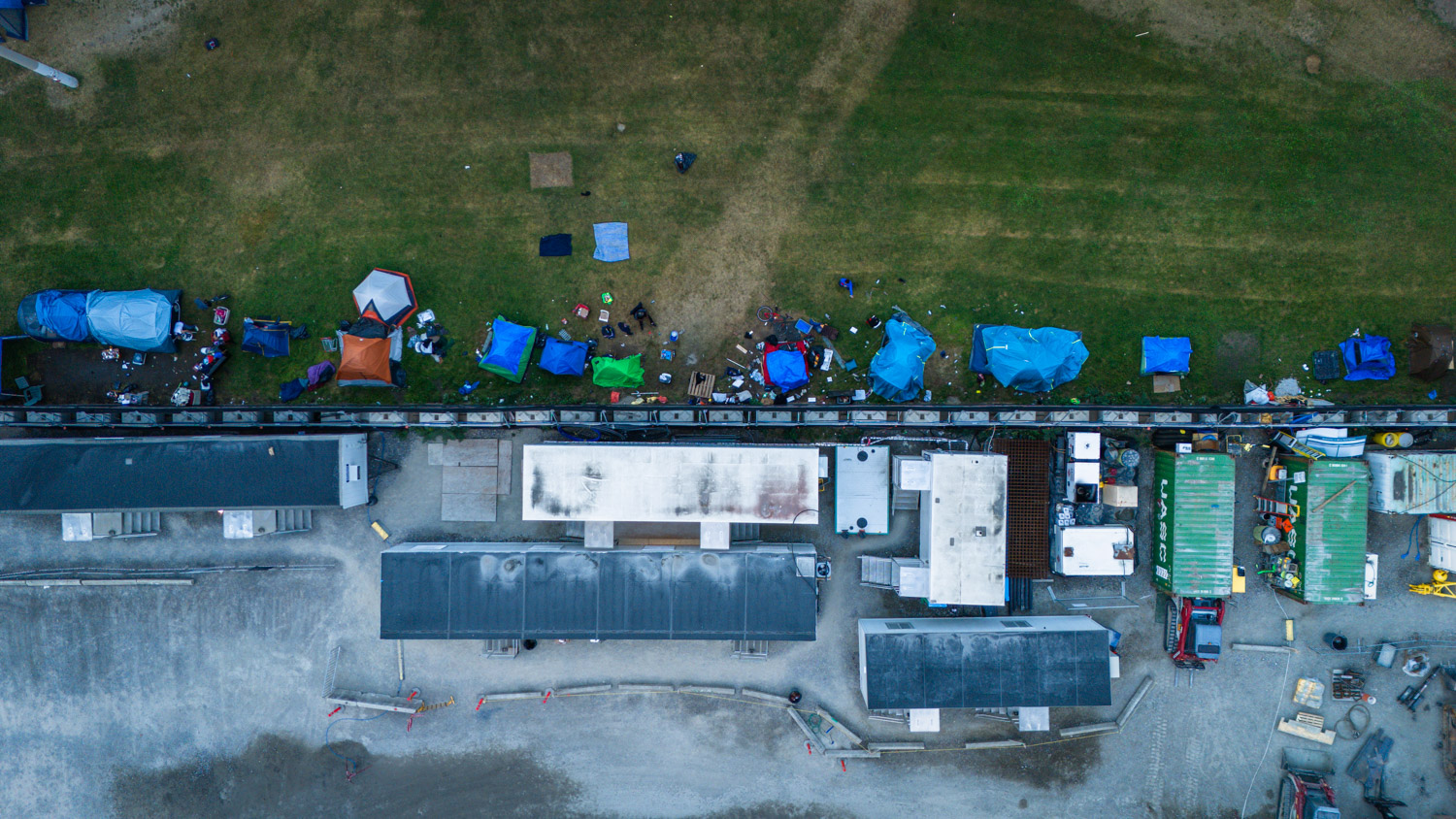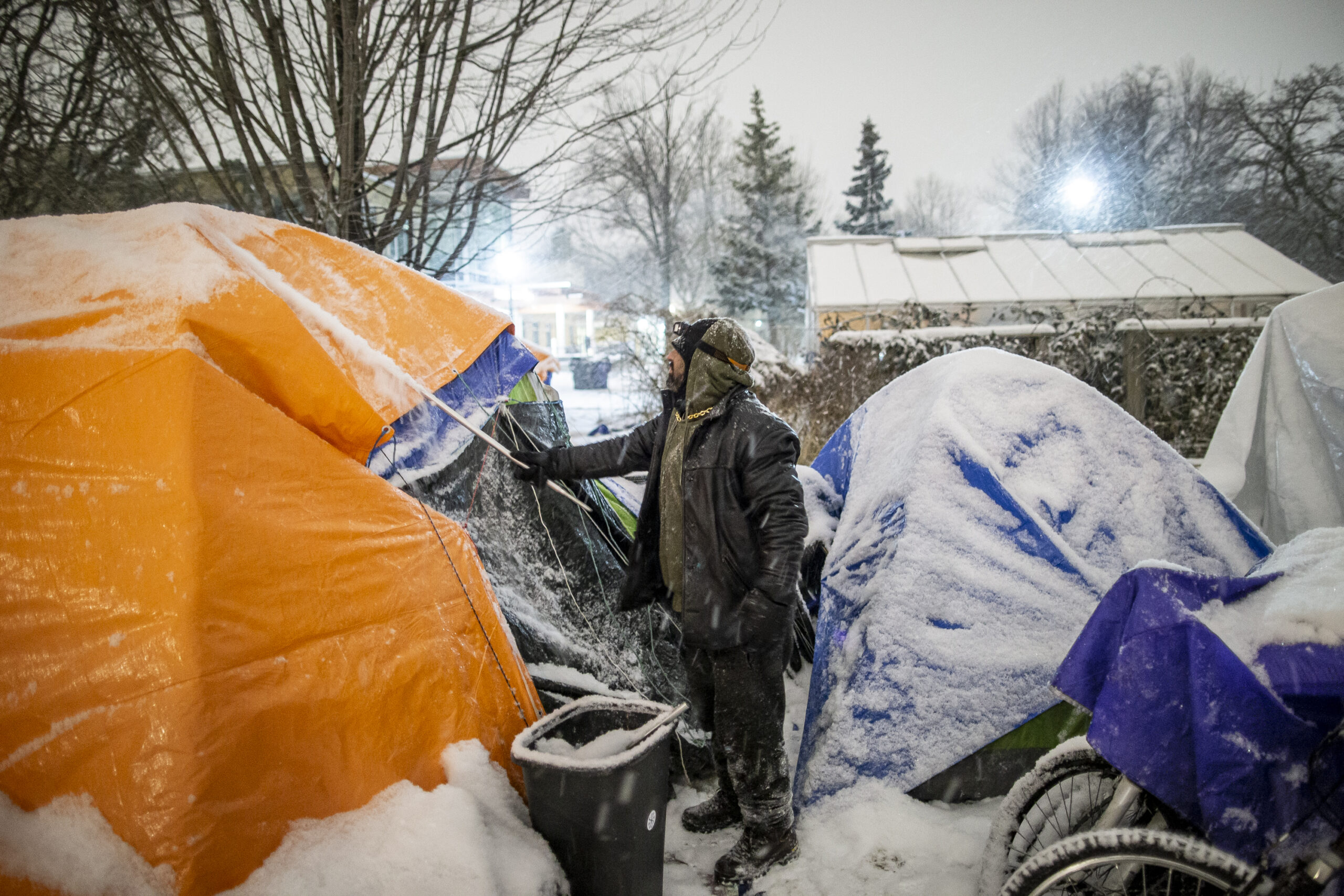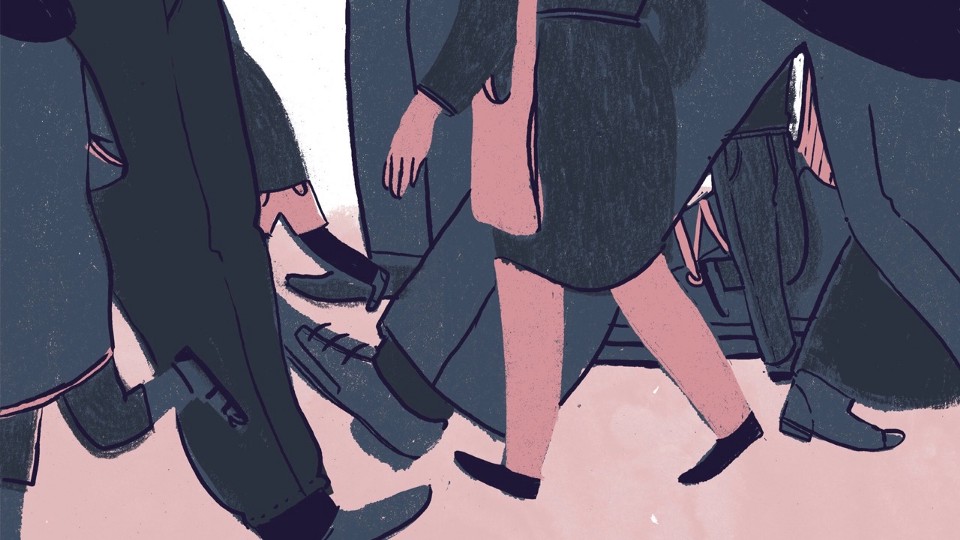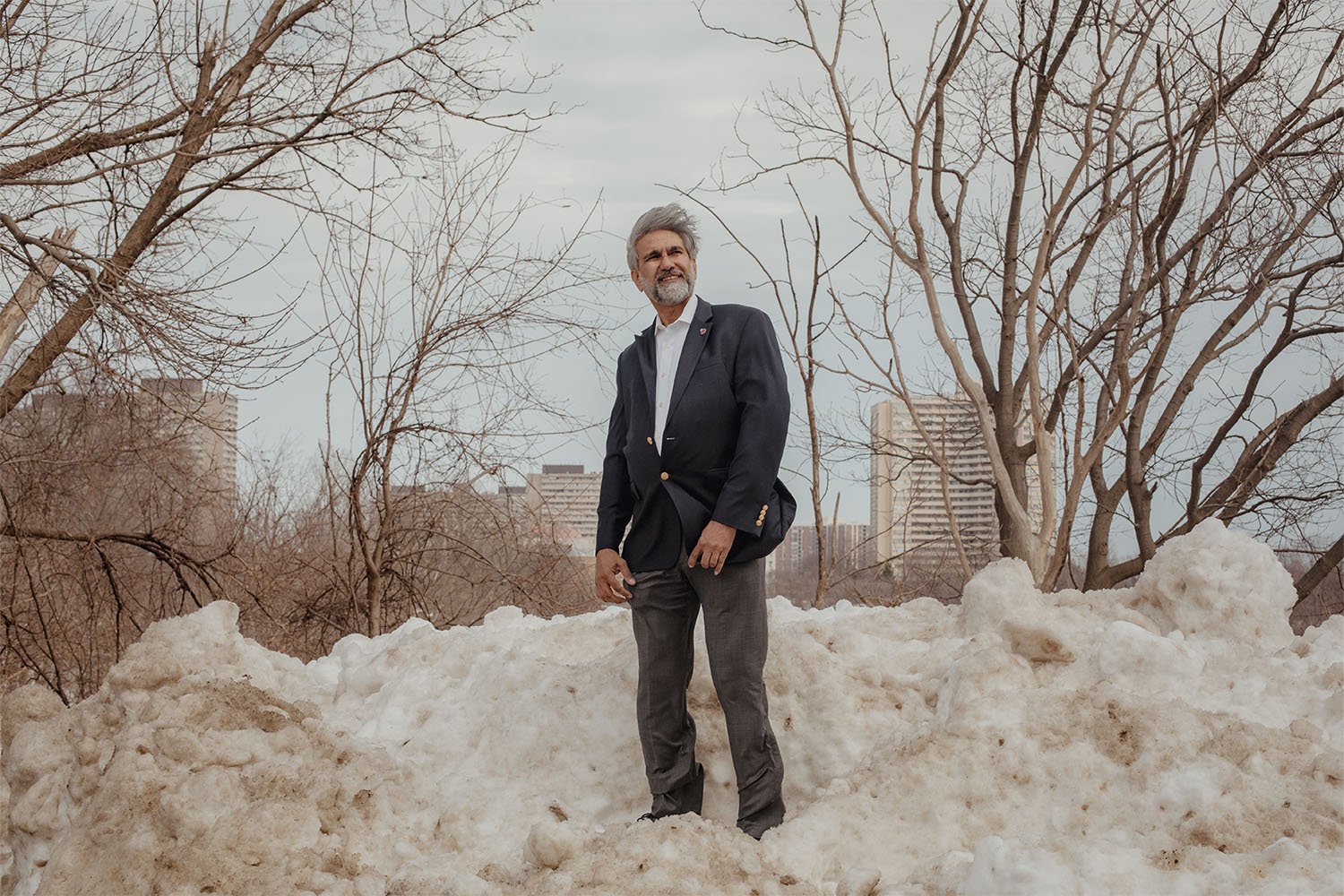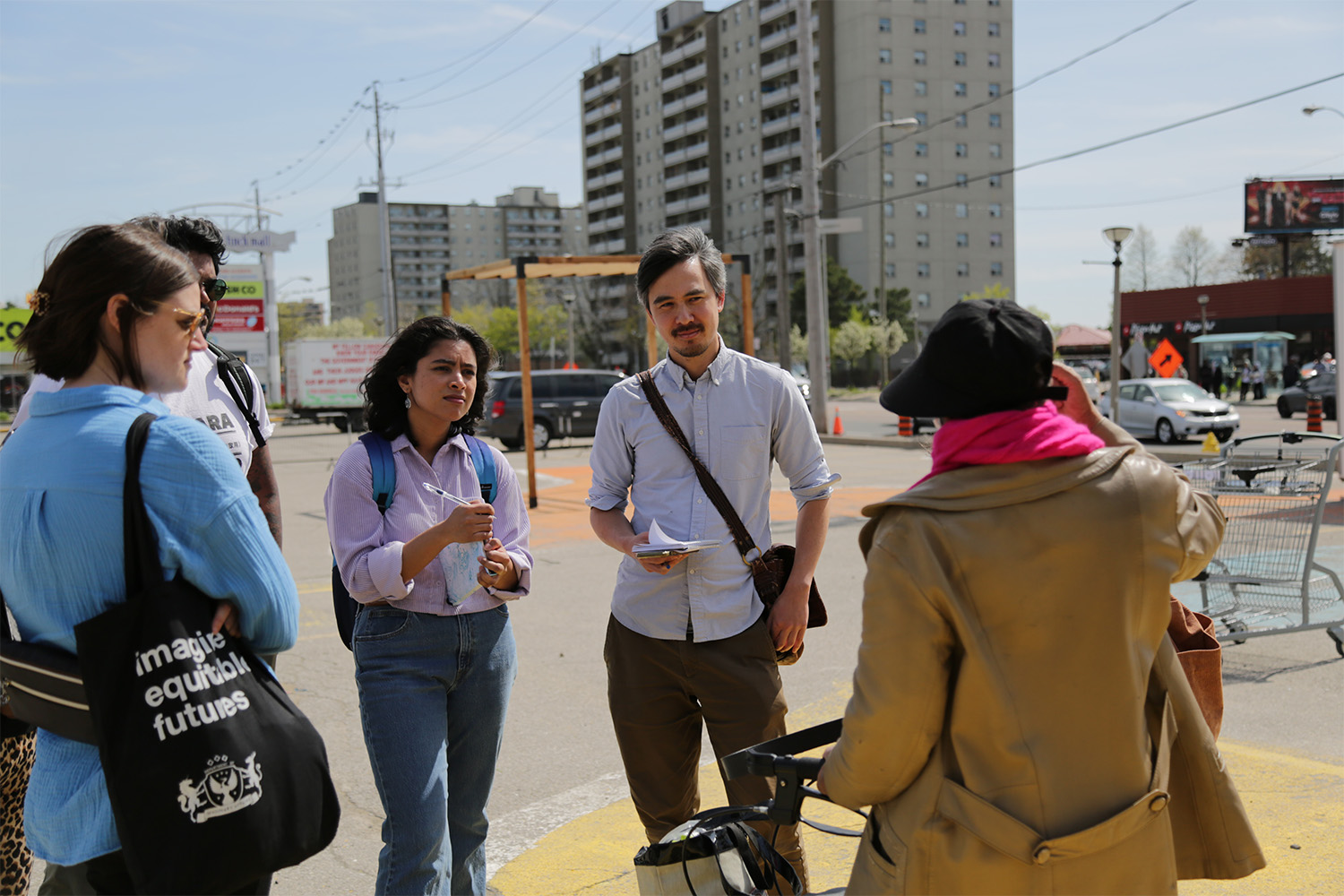
When Wency Leung was a young reporter, fresh from a job at Reuters, she found herself in a newsroom in Cambodia. The English-language newspaper in Phnom Penh was small but scrappy, and Leung quickly moved from reporter to managing editor. The experience was revelatory. She and her colleagues were the first to interview Pol Pot’s daughter. They managed to secure an exclusive visit inside one of the country’s worst prisons. When her editor-in-chief was detained and interrogated for days while covering a humanitarian crisis near the Vietnam border, Leung took charge of the newsroom.
Since then—reporting for publications around the world from The Vancouver Sun to The Prague Post to The Globe and Mail, where she’s spent the last 13 years—Wency’s journalistic goal has remained the same. “I try to help readers make sense of what’s happening and to help them see things in a new light,” she says.
We couldn’t be more thrilled to welcome Wency to The Local as a staff reporter. For the last nine years at the Globe, Wency has been on the health care beat while also writing brilliant longform pieces—from a narrative story about how a mild-mannered Winnipeg man left his aging mother to die on the floor of their home, to an essay on the complexities of becoming an organ donor (after she donated her own kidney to a stranger), to a piece about the perils of treating health as an individual pursuit.
“Seeing how the past three pandemic years have affected Toronto, my adopted home, I can think of nothing more meaningful than to focus on making sense of what’s happening here, in a place I’ve grown to love, where I’m raising my family,” she says.
At The Local, Wency is going to continue her health care reporting while also helping us expand our coverage of education in Toronto—a massive, vital subject that we believe is not getting the kind of journalistic scrutiny it deserves. Before she jumps into reporting this week, we chatted with Wency about journalism, books, and what she wants to achieve at The Local.
What made you want to be a journalist?
When I was a kid, my dad subscribed to The National Geographic, TIME, LIFE, and Maclean’s. I used to grab these magazines from the mailbox and flip through them in my room before anyone else had a chance. For me, growing up in a very small Canadian city, the work of journalists was my window to the rest of the world. It seemed like the ultimate dream job to constantly learn and write about new people and places.
What does good journalism look like to you?
Good journalism opens your eyes to something you’ve never clearly seen before. It captures your heart. It ignites a demand for action. And by the time you’re finished reading, you are a slightly different person, one who now can’t unknow what they know.
What kinds of stories are you most excited to dig into at The Local?
I’m looking forward to expanding The Local‘s education coverage, and to examining the social, economic and environmental issues that affect people’s health in Toronto. What the past few years of covering the pandemic as a health reporter have really underscored for me is that our health depends on far more than just medical technology. I’m interested to delve into the various other elements we need to live well in this city.
What’s a non-journalism thing people should know about you?
I set a goal at the start of this year to try to read a book a week for 52 weeks. I’m falling behind, but I’ve been reading some incredibly moving and thought-provoking ones. Among the best so far are Five Little Indians by Michelle Good, Small Things Like These by Claire Keegan, Ducks by Kate Beaton, Being Mortal by Atul Gawande, and Walden by Henry David Thoreau.
